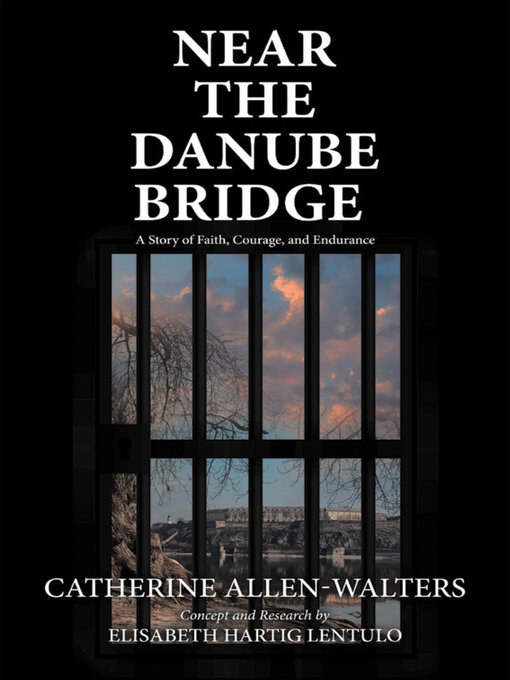Near the Danube Bridge is now an award winning book!
Literary Titan Book Award Pencraft Book Awards International Impact Book Awards London Book Festival Firebird Book Awards Global Book Awards Outstanding Creator Awards BookFest Book AwardsKalman Hartig was born in Yugoslavia in 1930 and lived a comfortable life until it was interrupted by World War II. By the 1950s, Yugoslavia had become a communist country. Little did he know what awaited him when he would report for the draft as a Seventh-day Adventist and a conscientious objector. A violinist, Kalman planned to perform in a symphony. Suddenly he was thrown in prison and beaten by the Kommandant who was notorious for his evil brutality.
This page-turner exposes in detail Kalman's harrowing ordeal. It includes his youth growing up during World War II, and the life of his future wife.
After many years of surviving the unthinkable, Kalman and Minka escaped Yugoslavia and eventually immigrated to the United States."
Near the Danube Bridge
Book Club Discussion Points
1. What did you learn about European history during the early to middle 20th century that you didn't know before? Which events did you find to be the most interesting?
2. Have you experienced discord within your own family or close circle of friends regarding different religious beliefs?
3. Other than Kalman, the protagonist, was there another character to whom you related? How?
4. Did you discover where the title of the book came from?
5. If you were facing persecution, where would you draw the line? When would you say it wasn't worth it anymore, such as refraining from eating meat or something similar?
6. What are the most striking differences you see between immigration laws in the book and our present time?
7. Were you surprised that, even by 1959, German officers in the refugee camp said they didn't want any Jews in the camp when they discovered the Hartigs worshipped on Saturdays? How did this make you feel?
8. Minka served as a pivotal character throughout the book. How do you think Kalman's life would have been different without her?
9. Our world has a large refugee problem due to people fearing for their very lives if they stay in their homeland. Which circumstance or matter of conscience would make you consider leaving your own country and becoming a refugee?



